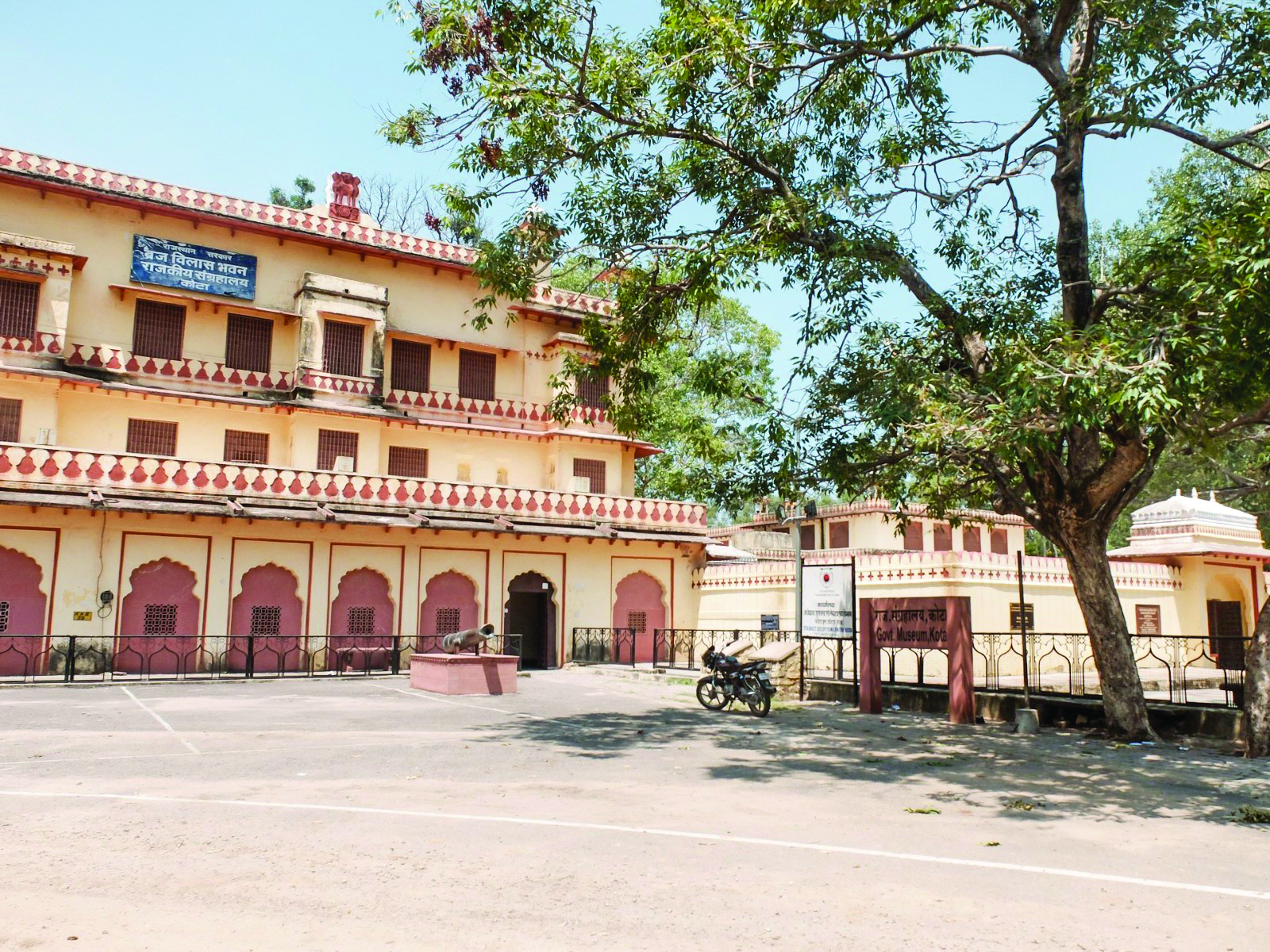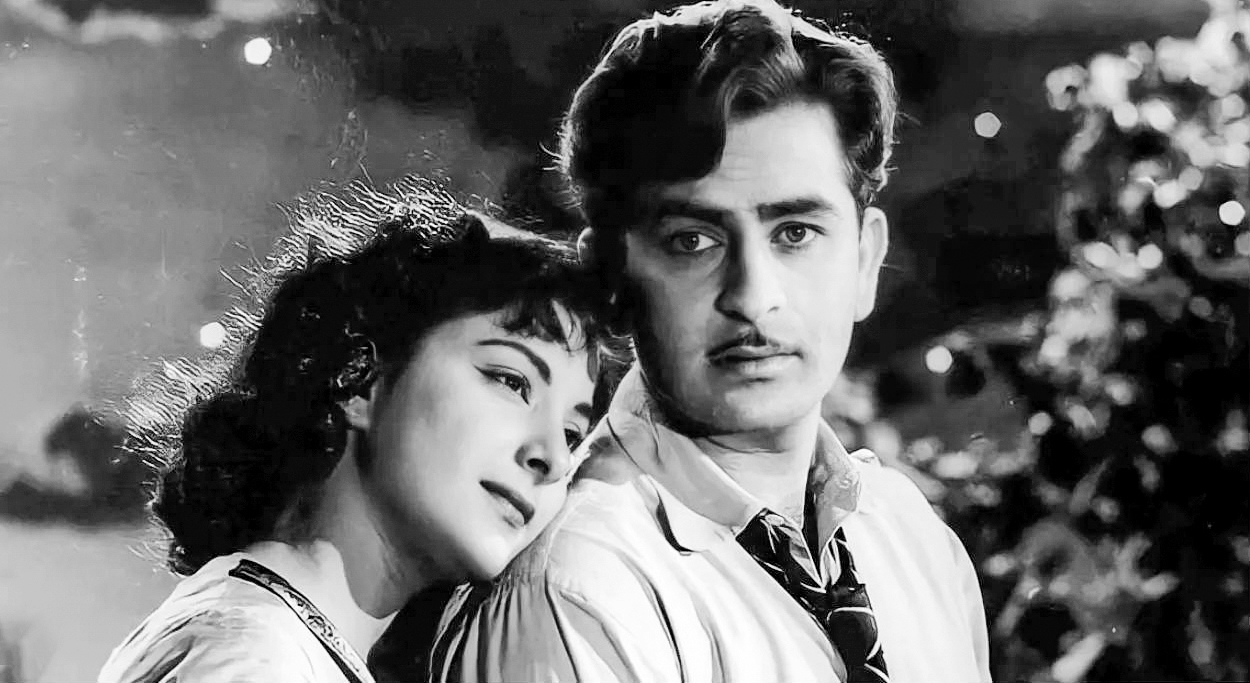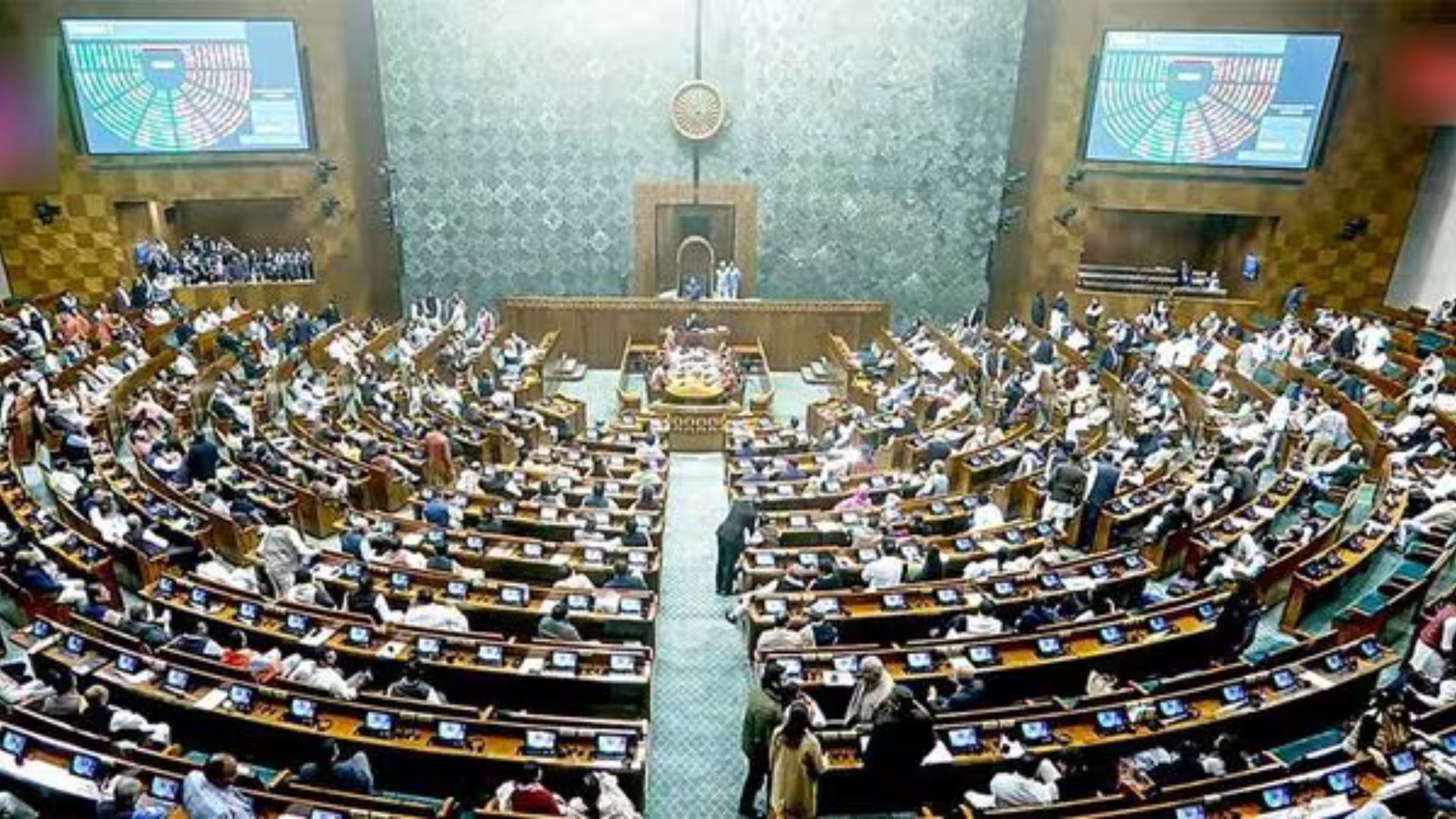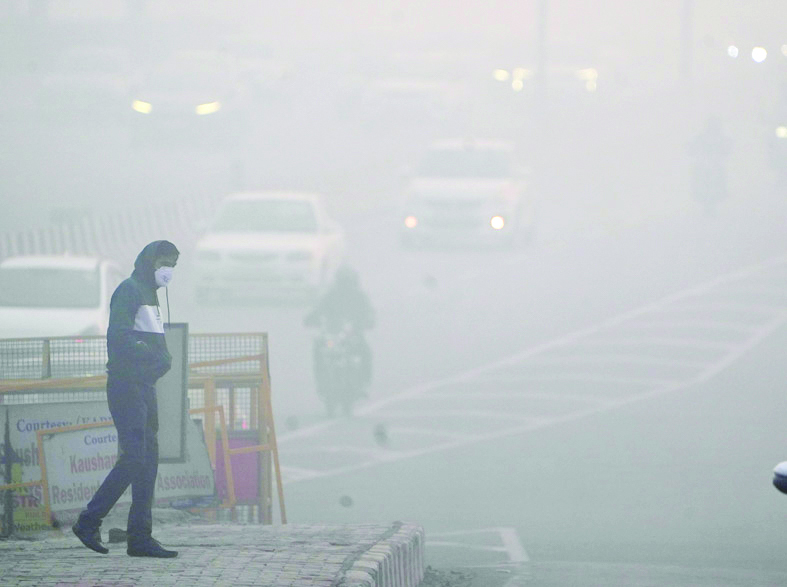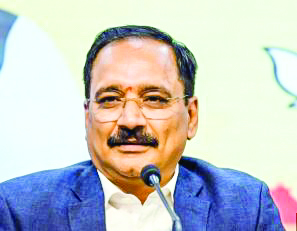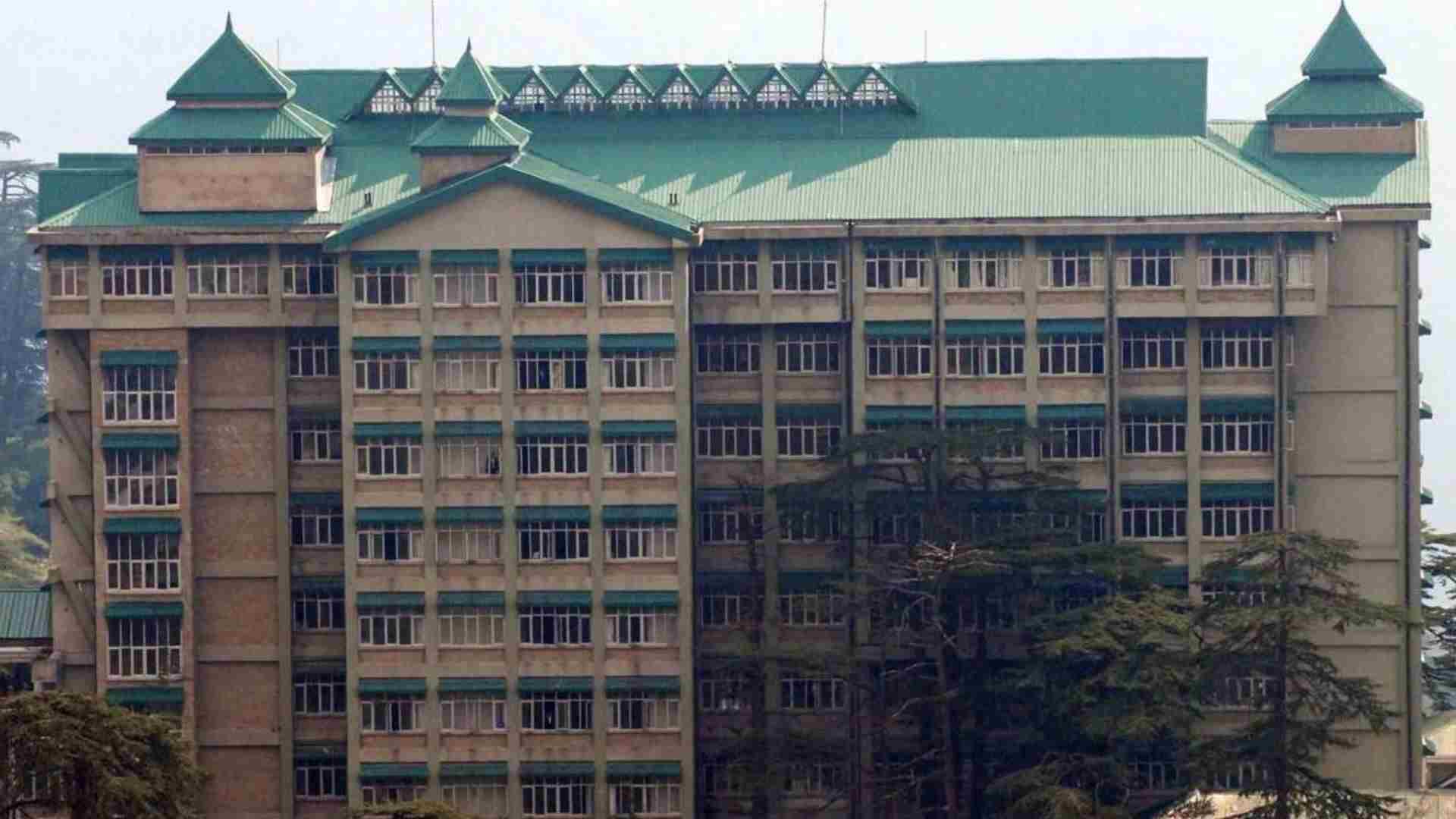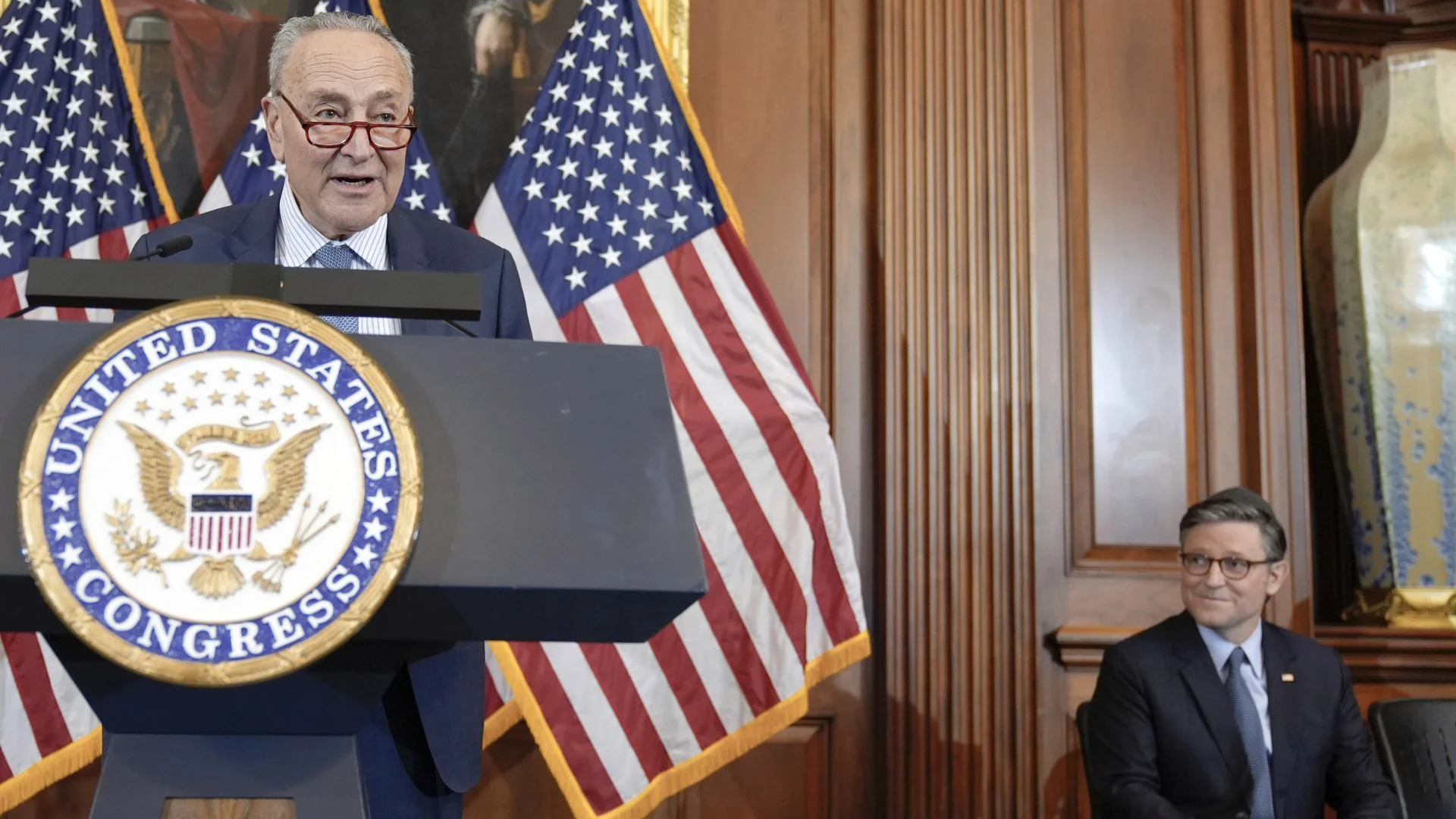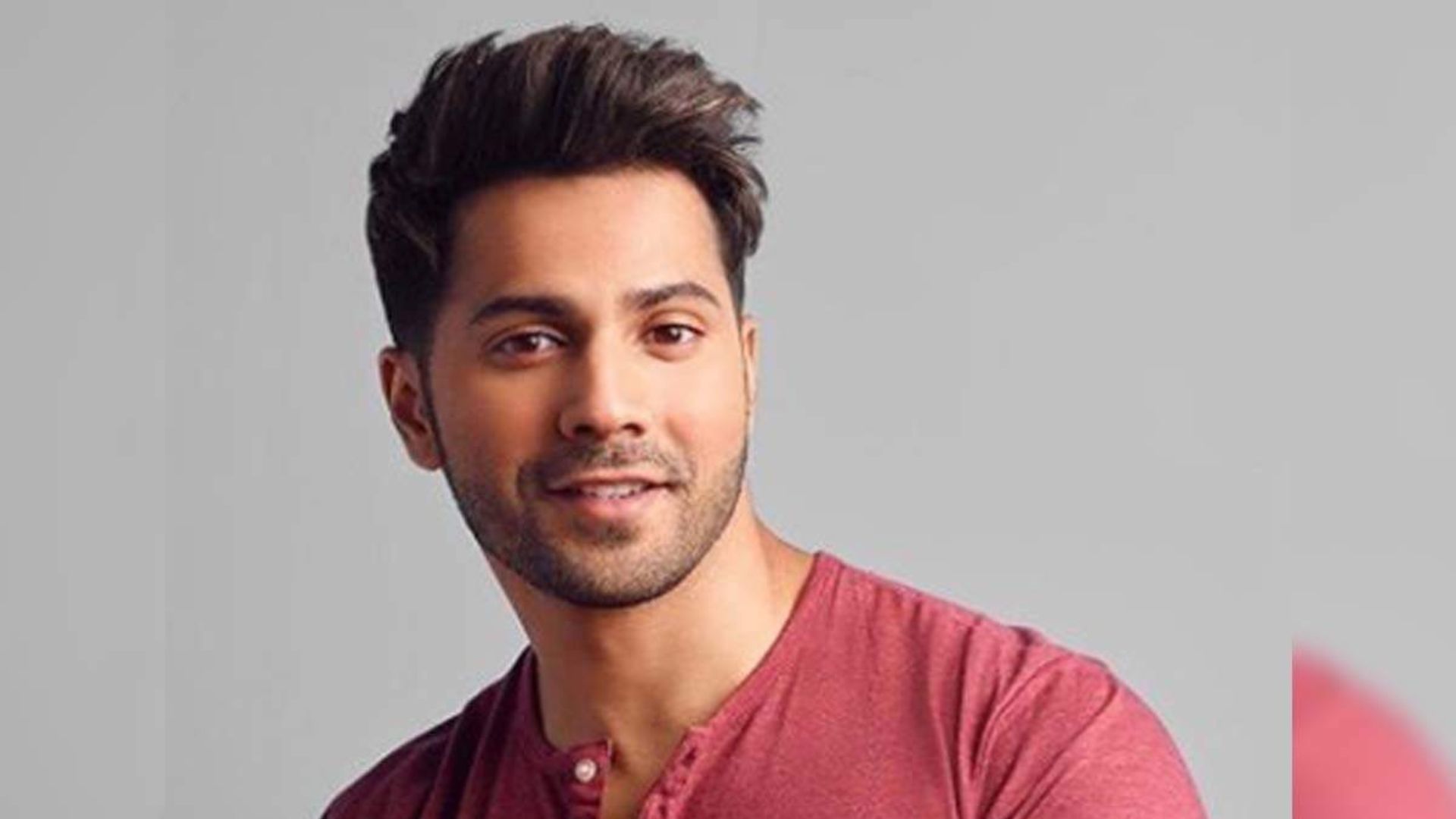The Supreme Court of India on Friday granted bail to Delhi Chief Minister Arvind Kejriwal in the excise policy case. This decision came after the court reserved its verdict on September 5 following the arguments presented by both Kejriwal’s legal team and the Central Bureau of Investigation (CBI).
During the hearings, the Additional Solicitor General SV Raju, who represented the CBI, raised objections, arguing that Kejriwal should have sought bail from the trial court before approaching the Supreme Court.
Conditions for Bail
The Supreme Court imposed several conditions on Kejriwal’s bail, ensuring his compliance with the legal process:
No Public Comment: Kejriwal is restricted from making any public comments on the merits of the case.
Adherence to Existing Conditions: Conditions imposed in the Enforcement Directorate (ED) matter will also apply to this case.
Full Cooperation with Trial Court: He is expected to cooperate fully with the trial court throughout the proceedings.
Surety Requirement: Kejriwal must furnish a surety of ₹10 lakhs as part of his bail conditions.
Limited Access to Government Offices: He is not allowed to visit the Chief Minister’s Office or the Delhi Secretariat during the bail period.
Restricted Signing of Official Documents: Kejriwal cannot sign official files unless necessary for approvals involving the Lieutenant Governor of Delhi.
Non-Interference with Witnesses: He is prohibited from interacting with witnesses or accessing official files related to the case.
Arrest in the Excise Policy Case
Kejriwal was arrested by the ED on March 21 in connection with a money laundering investigation related to alleged irregularities in the now-cancelled Delhi excise policy for 2021-22. Later, on June 26, he was taken into custody by the CBI while already in ED custody over the same case.
The Delhi Excise Policy Case
In 2021-22, the Delhi government introduced an excise policy aimed at rejuvenating the city’s liquor trade. The policy intended to replace the old sales-volume-based model with a license fee system for traders, offering modernized stores free from the traditional metal grilles, thus enhancing the customer experience.
However, the policy was eventually scrapped after Delhi Lieutenant Governor VK Saxena requested a CBI investigation, citing concerns of irregularities. According to the ED, the Kejriwal-led Aam Aadmi Party (AAP) allegedly received kickbacks amounting to ₹100 crore in connection with the policy. A portion of this money was reportedly used in AAP’s campaign during the Goa elections.
The investigation into the case continues as Kejriwal navigates the legal proceedings under the conditions set by the Supreme Court.


